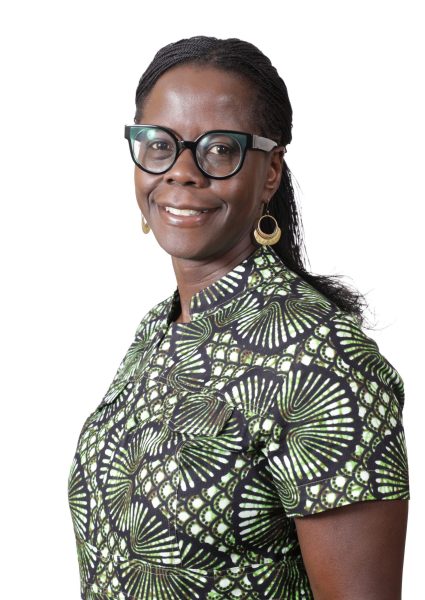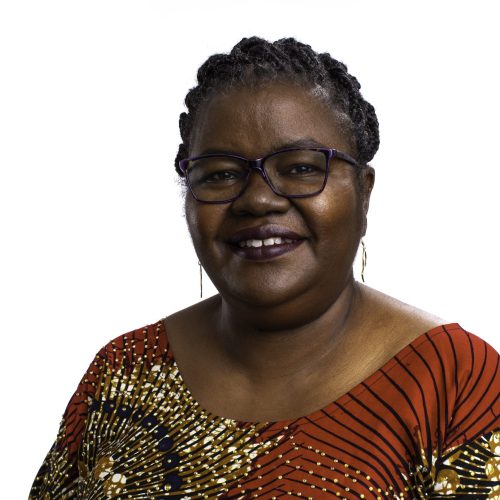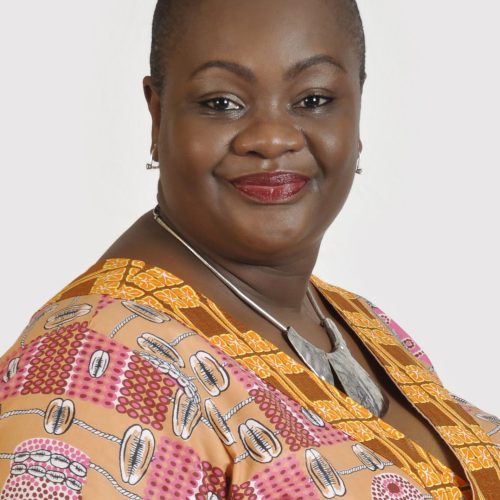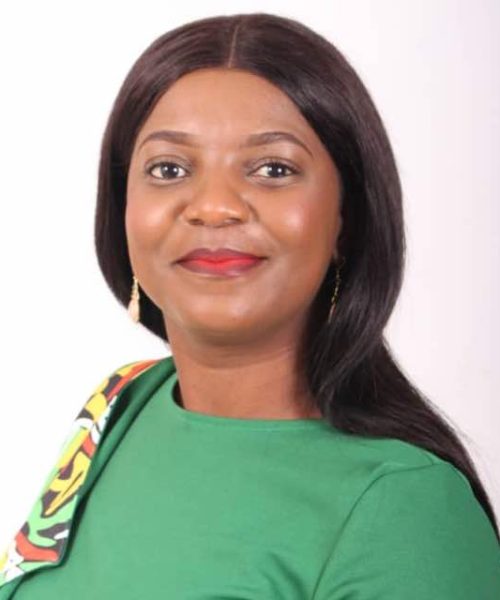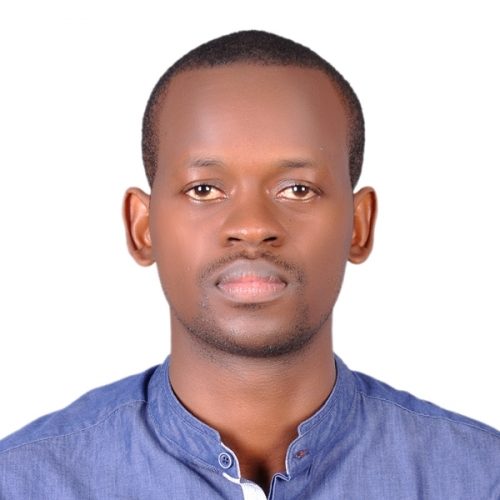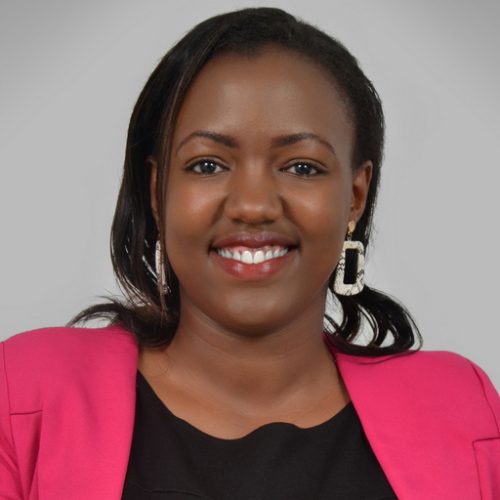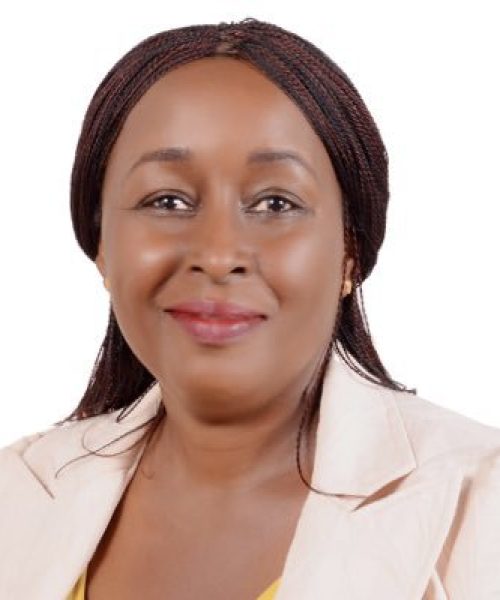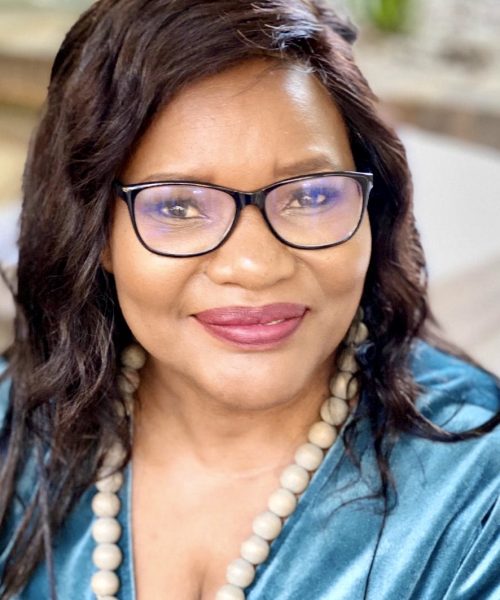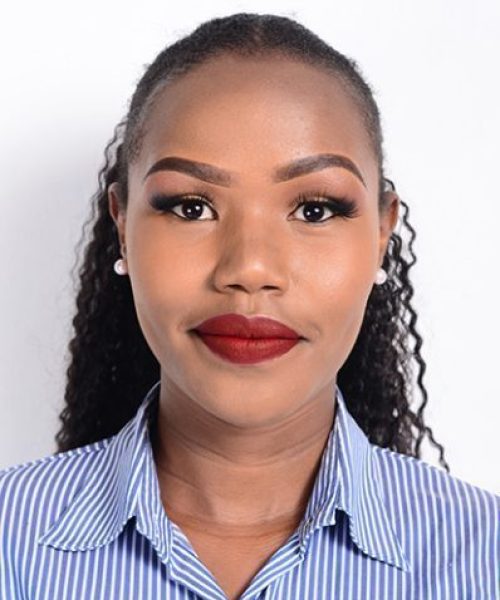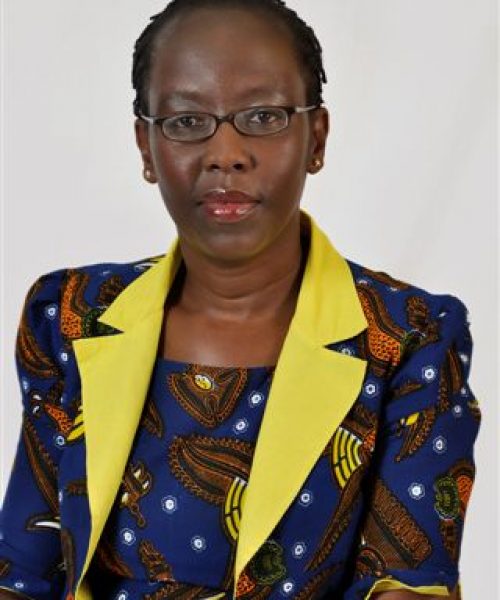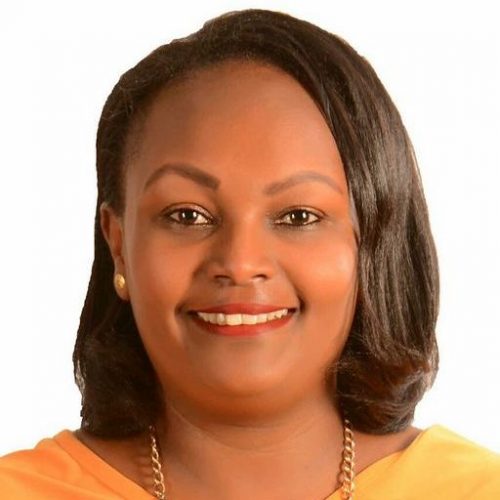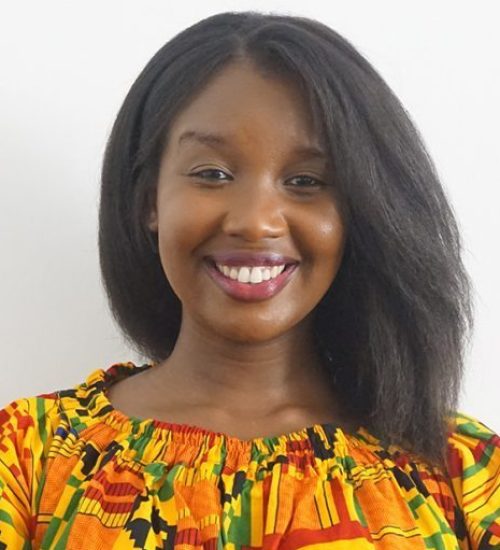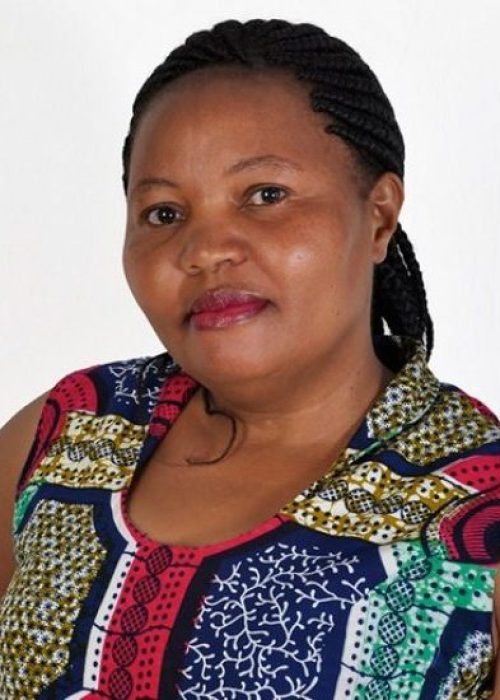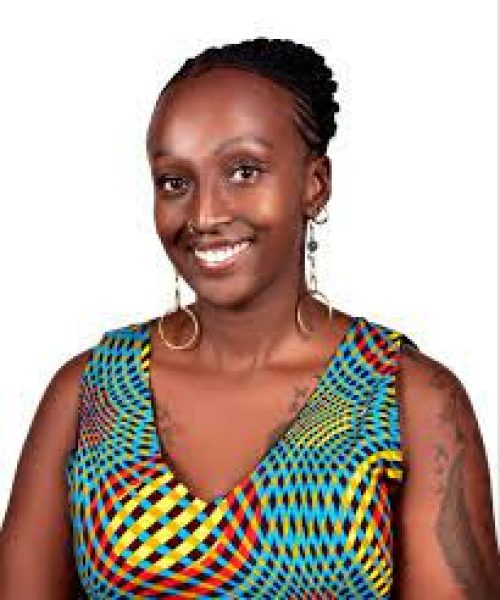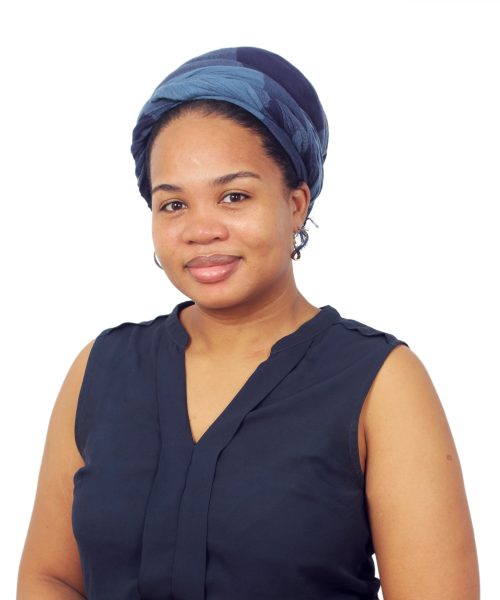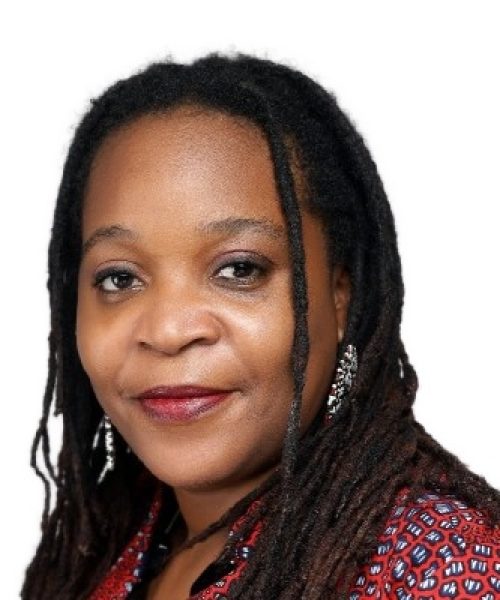
The Power of Strong & Resilient Global Women’s Funds
Tariro Tandi, our Partnership and Development Manager reflects on the power of a strong resilient global women’s funds leveraging resources to advance women’s rights in a funding landscape that is threatened by shifting priorities and dwindling resources.
As the days for the Prospera meeting drew closer and closer, I was exuberant about finding myself in a space with passionate feminists from the world over. The concept note for the conference revealed that indeed this was a timeous and relevant meeting held under the theme, ‘Resilience and Resistance’ at the backdrop of governments cracking down on civil society, restricting human rights especially for women and the LBTQI who speak truth to power and challenge the status quo through their identity.
After a long travel, I found myself in Colombo. At registration, I knew therein that this was going to be an inspirational space due to the extra touches of warmth, love and creativity that greeted me at the registration desk-typical of feminist spaces. On the first day of the conference which was the General Assembly for Prospera full members, a members’ impact report was presented which made me realise that indeed this was a powerhouse of committed women. It was announced that in the past five years the Women’s Funds had collectively raised $313.5 million and made grants to 5000+ women’s rights groups and activists worldwide. This was a true show of resilience exhibited by Women’s Funds in leveraging resources to advance the rights of women in a funding landscape that is threatened by shifting priorities and dwindling resources. I was convinced henceforth that despite all the looming challenges, Women’s Funds had the forte and passion to ensure women’s rights work was fully resourced.
My most intriguing and thought-provoking session was the powerhouse panel on resource mobilization on day three of the conference. This session focused on mobilizing resources for resilient feminist movements and organisations. The panelists provided an in-depth analysis of how they have been grappling to fundraise (this resonated with our Fund) for women’s rights programming and how they continuously rise above the challenge. This was my‘aha’ moment for me as it was interesting to see how all the sisters on the panel had innovated various strategies and formulas to mobilise for effective and efficient resources. Zohra Moosa from Mama Cash spoke of three A’s to feminist funding that is; it has to be adequate, appropriate and accessible which are guiding principles when resourcing feminist movement.
Theo Sowa from the African Women’s Development Fund spoke of the need for autonomy conscious resources that allow women’s funds to control resources and build movements with much fluidity allowing room for negotiations and push back when the conditions on the table compromises our feminist values. Maria Bobenrieth from Win’Win Strategies spoke about agility noting that as Women’s Funds we need to have the ability to adapt when the earth quakes around us and the ecosystem of funders become more or less reliable.
Cynthia Eyakuze spoke about the fact that many a times effectiveness is not defined by us rather it is a phenomenon that is imposed on us, highlighting the need to coin our own effectiveness standards. After this session, I clearly understood that it is not easy to mobilise resources for resilient movements. It was also clear that Women’s Funds have a great role in navigating the funding trajectory in a tactful way that resources women’s rights work whilst also ensuring that we do not compromise on our fundamental values. Most Funds seem to be thriving in getting programmatic Funds and not funds for our sustainability which requires us to have the agility and ability to sit on the different tables to negotiate for resources that do not make us lose our soul in the process.
I was privileged to be on a panel that discussed the strengths, struggles and successes in collaborations. Partnerships is indeed a buzzword these days and most Funds are in one partnership or the other. It was interesting to note that partnerships are indeed a lot of work for all the sisters that were on the panel. No one spoke about collaborations being easy but the spirit of sisterhood cements the many partnerships that Women’s Funds find themselves in. This was such an honest discussion detailing the struggles that most people experience in engaging in partnerships from the decisions that take forever to be made to the different time zones we operate in that result in some partners having meetings as early as 1am, to the vast amount of time they take to ensure that they are running effectively. It was indeed evident that partnerships are not rosy, they require great investments such as time, funds, energy, political will, trust, talent, values, principles, communication for them to succeed. This session clearly showed that our shared vision as Women’s Funds make us look past the multiple challenges we might face in collaborating with one another as we realise that when we team together, we are capable of achieving results that are exponentially greater than we would individually.
As I went to sleep every night, I kept getting flash backs of the discussions that I was privileged to have with many sisters which continuously reminded me of the power of movement building and collective action. In the same vein the space was thought provoking and every night I engaged in self-introspection thinking about what it is that I can do to improve the funding landscape for women’s rights work as well as food for thought in terms of how UAF-Africa can bolster her grantmaking during these challenging times when the space is continually shrinking for many activists.
Ageism is usually such a thorn in many conferences I have attended before but with this conference the intergenerational interactions that were happening were impressive and telling of how the movement is interested in sustained growth. This indeed ensures that the young ones get to learn from the older ones acknowledging the foundation that has been laid before to thrive. Fondo Calala in this regard stated that, ‘when the knowledge of older feminists combines with the energy of younger feminists, we can be unstoppable.’
The conference did live to its title, featuring diverse participants and covering a broad range of thematic areas: environmental justice and climate change, LBTQI, SRHR, VAW, extractivism, movement building and resourcing for all of this. I must applaud Prospera because they were plenty of opportunities to network and I sure did make use of every opportunity I got to network and get to understand the different work that feminists and activist are engaging in worldwide and how funding partners are innovating to support such work. Interestingly too, I was able to finally network in person with people I had had cyber interactions with before the conference-finally putting the faces to the names. The social events which were well staggered during the entire period were also a great opportunity for the participants to ‘let their hair down’ and socialize in an informal space.
I will always look forward to this space as it inculcated a sense of communal belonging and solidarity, allowing for play and rejuvenation, networking with diverse players, professional development, movement building and collective action in resourcing the advancement of women’s rights across the world. As a first timer, this was a successful and thought-provoking conference allowing complex, high level conversations to be held in a constructive manner birthing strengthened relationships, friendships, collaborations, inspiration and tangible partnerships.
My greatest takeaway from this meeting was that although the feminist community or rather the Women’s Funds face multiple funding challenges, what makes us thrive and succeed is that we always remain resolute. This coming together is indeed a powerful tool towards ensuring that the movement is formidable and interconnected, leveraging on each other’s skills, expertise and social capital to contribute to the transformation of women and girls’ lives the world over.
This blog was written by Tariro Tandi

